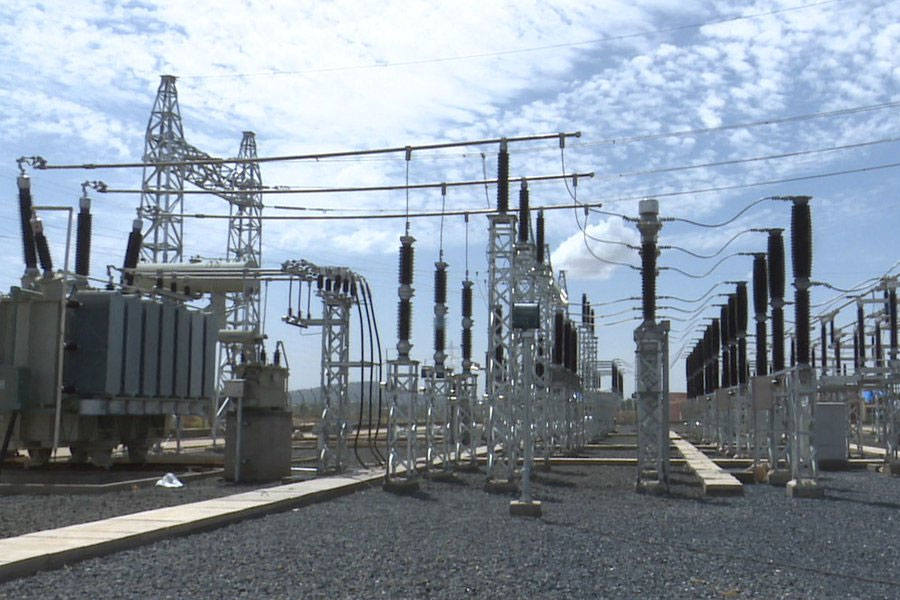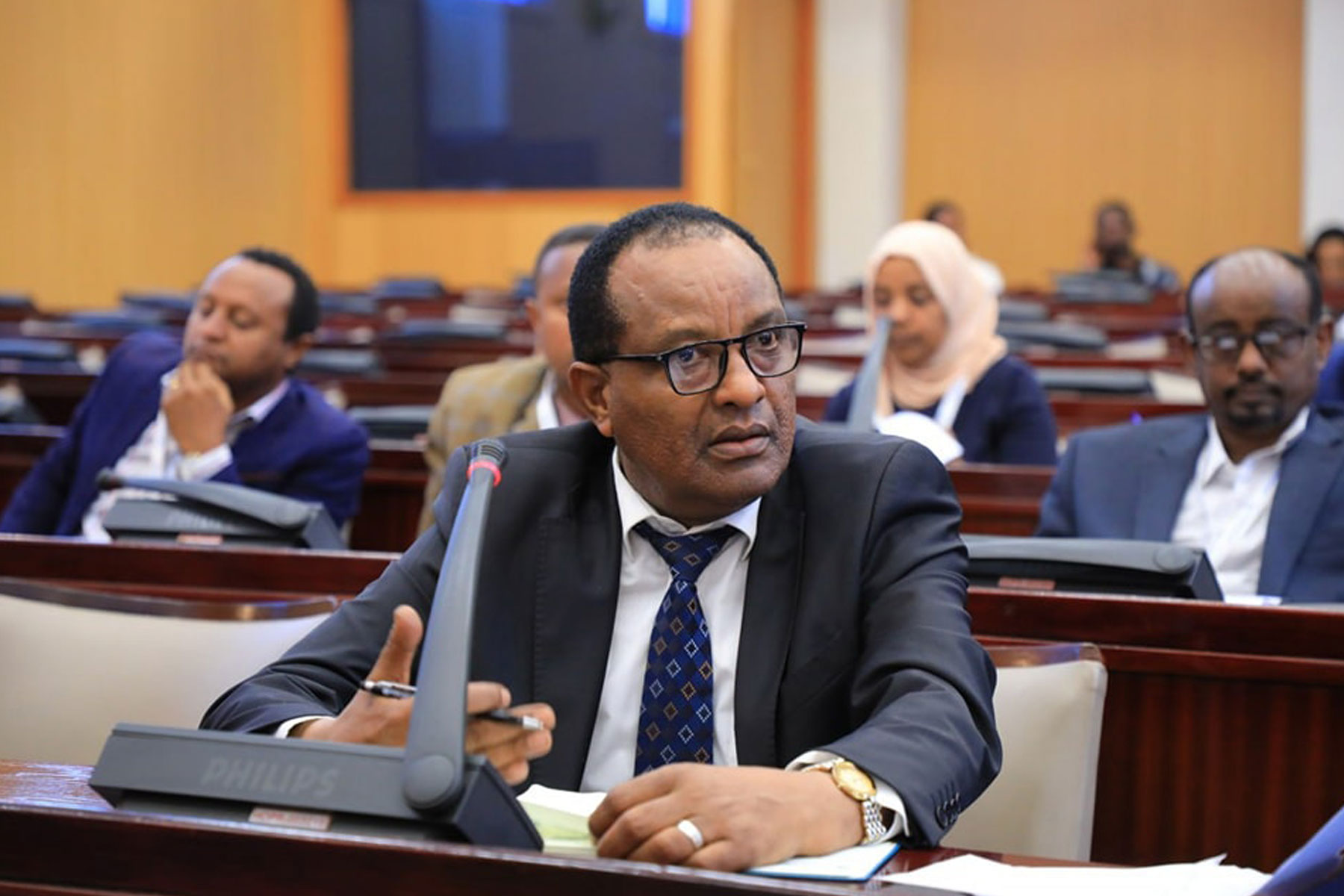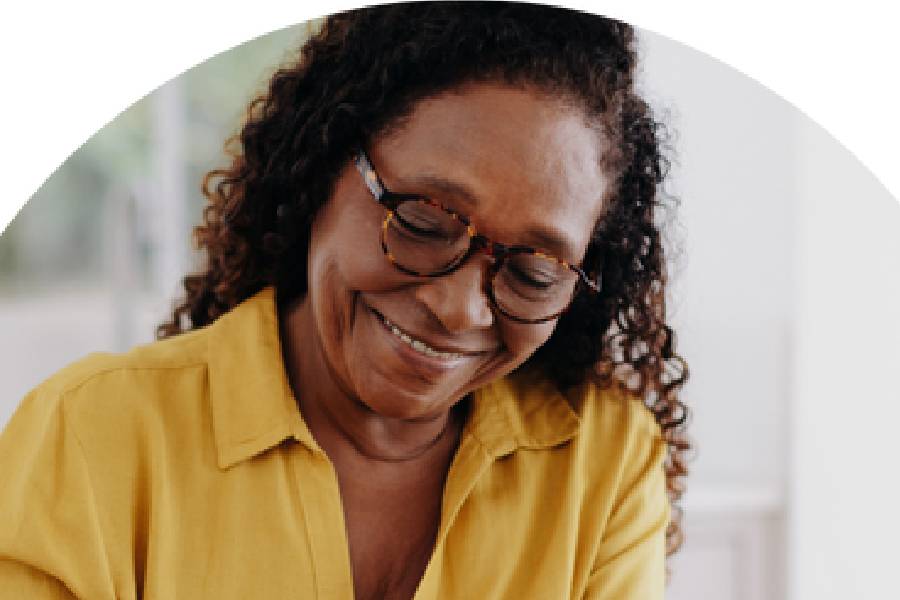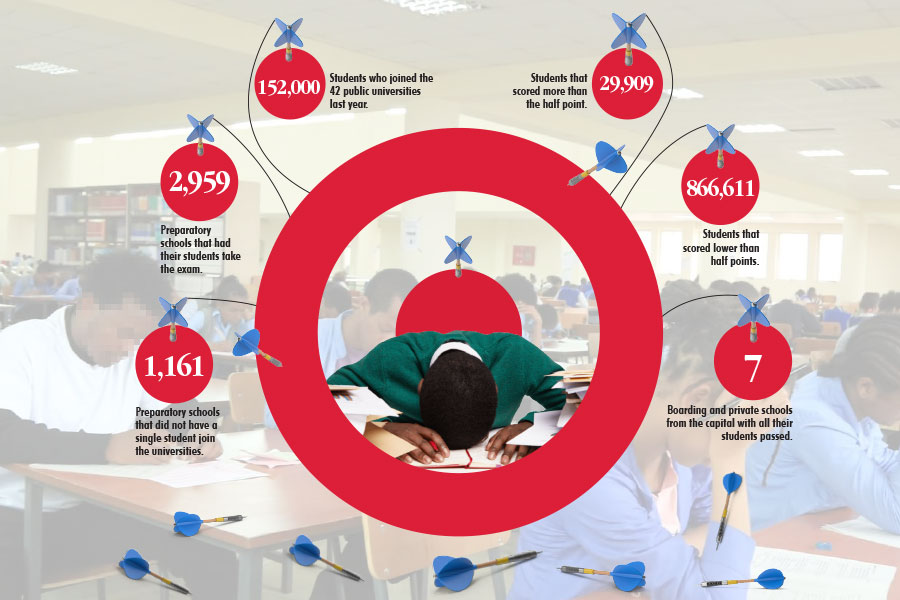
Commentaries | Apr 15,2023
On a rainy afternoon last week, Tesfalem Hailu, 48, was waiting by the door to pick his two children up from School of Tomorrow, Bole Michael branch.
Tesfalem claims to have chosen the school for the quality of education after doing his own assessment.
The father of second and fifth graders, who pays 9,000 Br per child four times a year, is apprehensive about the anticipated tuition fee increment for the next school year. He did not attend the meeting called by the school management a couple of weeks ago, insinuating that the discussions would reflect their desire than parents’ voice.
He later learned from other parents that the school has proposed a 135pc increase. Tesfalem, the breadwinner for a family of four, insists he could only afford to add up to 30pc payments to the current fee.
He imports and installs GPS for vehicles, earning 50,000 Br a month, but the decrease in demand has made his income uncertain. Although a consensus between school management and parents is not yet reached, he is considering transferring his children to other schools with lower tuition fees.
“My criteria has shifted from quality to affordability now,” Tesfalem told Fortune.
Addis Abeba Education & Training Quality Regulatory Authority forced all the 1,558 private schools in the capital not to make any price adjustments on tuition fees last year. However, officials have come to the realisation that the general inflation that reached 33.7pc needs tweaking.
"They are also hit by high costs," said Fikirte Abera, deputy head of the Authority.
Following the green light, private schools in the capital are contemplating adjusting their school fees for the next academic year, with the rate up for discussion between parents and the school management.
Fikirte explains that private schools are established to generate profits but must estimate their profit margin and propose to parents. The proposal should include expenses covered by additional payments, while registration costs should not exceed a quarter of the school fee.
Close to 473,880 students are registered in private schools. Renovation costs, high prices of stationery products and teachers' salary increases are direct costs that prompted the fee adjustment.
The number of students is bound to dwindle in the next year as 14pc of the schools could not agree with parents before registration begins in July.
School of Tomorrow (SOT) is one of the private schools where an agreement between parents and the school management has not yet been reached.
Principal Samuel Weldekidan argues the price increase is not meant to garner more profit amongst the seven shareholders but rather cover up costs that have increased over the years. The school fee adjustment aims to increase the salaries of over 1,700 employees. He said the escalating rental fee for half of the school outlets, while the quadrupled prices for stationery such as paper, have been a headache for the school management throughout the year.
SOT was founded 30 years ago with 100,000 Br initial capital, 30 students and one teacher. The number of students has reached 8,000, with 10 branches within Addis Abeba.
"We are trying to stay operational," said Samuel.
The Authority plans to issue up to 60 licenses yearly for private schools. Inspections are done every couple of years to ensure they align with the requirements, including adequate staff members and compound area.
Teachers are feeling the double burden of inflation as educators and parents.
Bereket Alem has taught at the School of Tomorrow Bole Michael branch for three years, earning an 8,600 Br monthly gross salary. She teaches Mathematics, Science and English to grades one up to four students. Close to 700 Br is deducted from her pay as her nine-year-old daughter is enrolled in the same school.
Her salary has remained constant for the last two years. Although school fee is not part of her worry for the foreseeable future, the payment is on the lower side to cover other expenses in life.
“I’m looking forward to the salary adjustment next year,” she said.
Whilst private school teachers benefit from enrolling their kids at reduced or no cost, they are kept from transportation services and housing provided by the City Administration, which has exacerbated the cost of living.
The Ethiopian Private School Teachers Association was established last year with 3,000 active members out of estimated 15,000 teachers. The salary range for private school teachers is between 5000 Br and 15,000 Br.
The Association President Melake Demelash believes that most private school increments depend on the goodwill of the management. Thus, the City Administration should get involved in determining the scale.
“There is a huge gap upon implementation,” he said.
While the year-on-year inflation rate remains above 30pc, the purchasing power of households continues to grow weaker.
Amidst all these, the 554 public schools, which have 638,857 students enrolled this year, have opened their arms to those that manage to register their children before they are over capacity.
Bole Secondary School, located at Djibouti Street (Bole Medhanealem), is preparing to register 2,000 upcoming students by adding classrooms.
Established four decades ago, the secondary school currently has 1,614 students and 106 teachers.
According to Solomon Biro, deputy headteacher, the last couple of years saw several students transferring from the nearby private schools. He is confident in the teaching ability of the educators, with 60pc of them holding a second degree.
The public schools request a budget from the city Finance Bureau with the number of students and their expenses. Close to 10.2 billion Br was allocated for the education sector this year, including the cost of stationary materials and uniforms.
The primary schools have an additional budget to accommodate feeding programs twice a day.
Misrak Dil Primary School, located around 22 area, has enrolled 1074 students. The number of students has increased by 50 from the previous academic year.
According to Daniel Teklebirahan, deputy principal, they tend to accept students as far as the budget lets them stretch out.
"We try to accommodate within capacity," said Daniel.
The quality of education in public schools has been a concerning issue for most parents.
With almost 70pc of Ethiopia's population of over 100 million under the age of 30 and nearly half under the age of 15, the country maintains a literacy rate of over 50pc, although on the lower side, compared to its neighbour Kenya's 82pc.
However, about 55pc of Grade 12 students did not attain basic proficiency, according to a World Bank study highlighting the loss in teaching quality.
Dejene Niguse (PhD), with 15 years of experience in the education sector, observes that school fees and education quality are not directly proportional. But he concurs that private school students have a relatively better competency due to follow-ups and communication with guardians.
His concern is that public schools have weak administration, with school management usually affiliated with political agendas.
He points towards a crude curriculum that is deemed difficult for students to understand the declined education quality.
“Private schools have better methods for creating better understanding for their students, said Dejene.
PUBLISHED ON
May 20,2023 [ VOL
24 , NO
1203]

Commentaries | Apr 15,2023

Fortune News | Sep 10,2021

Fortune News | Apr 28,2024

Advertorials | Jul 31,2024

Viewpoints | May 25,2024

Viewpoints | Aug 20,2022

Radar | Dec 05,2018

Commentaries | Nov 13,2021

Radar | May 25,2024

Fortune News | Feb 04,2023

Dec 22 , 2024 . By TIZITA SHEWAFERAW
Charged with transforming colossal state-owned enterprises into modern and competitiv...

Aug 18 , 2024 . By AKSAH ITALO
Although predictable Yonas Zerihun's job in the ride-hailing service is not immune to...

Jul 28 , 2024 . By TIZITA SHEWAFERAW
Unhabitual, perhaps too many, Samuel Gebreyohannes, 38, used to occasionally enjoy a couple of beers at breakfast. However, he recently swit...

Jul 13 , 2024 . By AKSAH ITALO
Investors who rely on tractors, trucks, and field vehicles for commuting, transporting commodities, and f...

Jul 12 , 2025
Political leaders and their policy advisors often promise great leaps forward, yet th...

Jul 5 , 2025
Six years ago, Ethiopia was the darling of international liberal commentators. A year...

Jun 28 , 2025
Meseret Damtie, the assertive auditor general, has never been shy about naming names...

Jun 21 , 2025
A well-worn adage says, “Budget is not destiny, but it is direction.” Examining t...